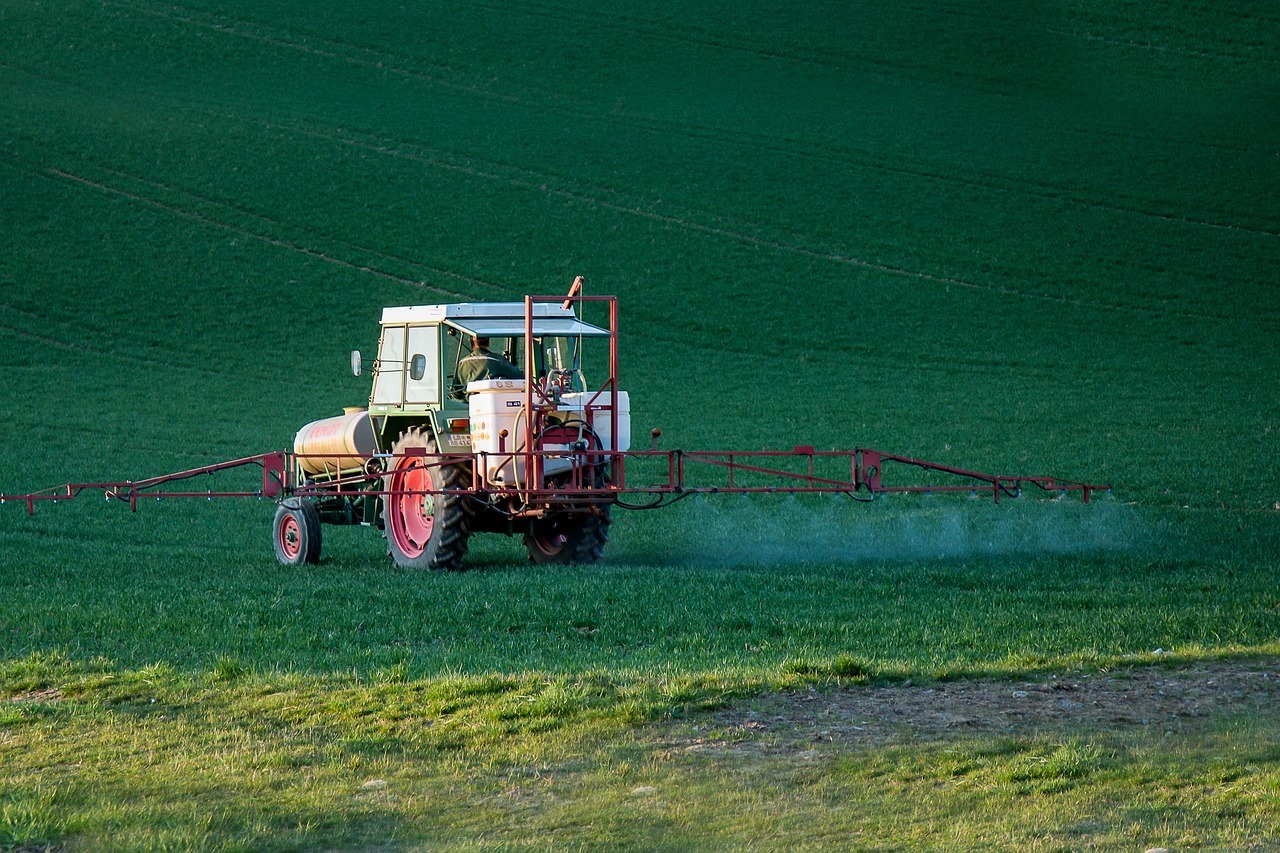A European Food Safety Authority (EFSA) peer review of a member states risk assessment of glyphosate has prompted anger from health and environmental campaigners, after the agency failed to recognize several critical areas of concern.
The controversial herbicide is the most widely used pesticide in the world, commonly sprayed on corn, soy, wheat and oat crops.
Currently approved for use in the EU until 15 December 2023, glyphosate has been deemed by the WHO’s International Agency for Research on Cancer (IARC) as ‘probably carcinogenic to humans’ since 2015.
As part of the legal process to renew glyphosate’s use in the EU beyond December the risk assessment was peer reviewed by EFSA; despite acknowledging that certain data gaps exist the agency concluded that ‘glyphosate is unlikely to pose a carcinogenic hazard to humans’, adding that ‘the evidence does not support classification with regard to its carcinogenic potential according to Regulation (EC) No. 1272/2008’.
For years the evidence of glyphosate’s toxicity … has been stacking up
“The risk assessment and peer review of glyphosate represents the work of dozens of scientists from EFSA and the member states in a process that has spanned over three years,” comments Guilhem de Seze, head of EFSA’s risk assessment production department. “It is based on evaluation of many thousands of studies and scientific articles, and also incorporates valuable input gathered during public consultation.”
But campaigners argue that EFSA’s findings deliberately ignore clear threats posed by the herbicide. “For years the evidence of glyphosate’s toxicity for people and the environment has been stacking up, but the European Food Safety Authority has once again decided to sweep it under the carpet. The Commission and EU governments have a duty to protect people and nature: they must reject its re-approval and put European farming on a sustainable course,” says Eva Corral, Greenpeace EU pesticides campaigner.
the European Commission must … withdraw glyphosate’s approval
Jörg Rohwedder, executive director of Foodwatch International, joins Corral in demanding governmental intervention. “Even after EFSA’s assessment the contrary evaluation of the IARC … is still in the air. If the scientific evidence does not provide clear answers a political decision must be taken to protect the health of consumers – and as long as the evidence of potential cancer risks has not been refuted, only one decision is conceivable: the European Commission must take the precautionary principle into account and withdraw glyphosate’s approval.”
Angeliki Lysimachou, head of science and policy at PAN Europe, adds: “The glyphosate scandal continues. The positive response of EFSA to proceed despite acknowledging data gaps and shortcomings in glyphosate’s evaluation undermines public trust in European institutions which have a role in safeguarding the health of citizens and the environment. While EFSA acknowledges that glyphosate products can harm biodiversity, be neurotoxic and affect the microbiome, it refrains from providing a negative opinion and instead shifts the responsibility to Member States, who never examine the long-term human toxicity if their products despite the requirements of the EU law. We are deeply concerned about the whole process so far.”





